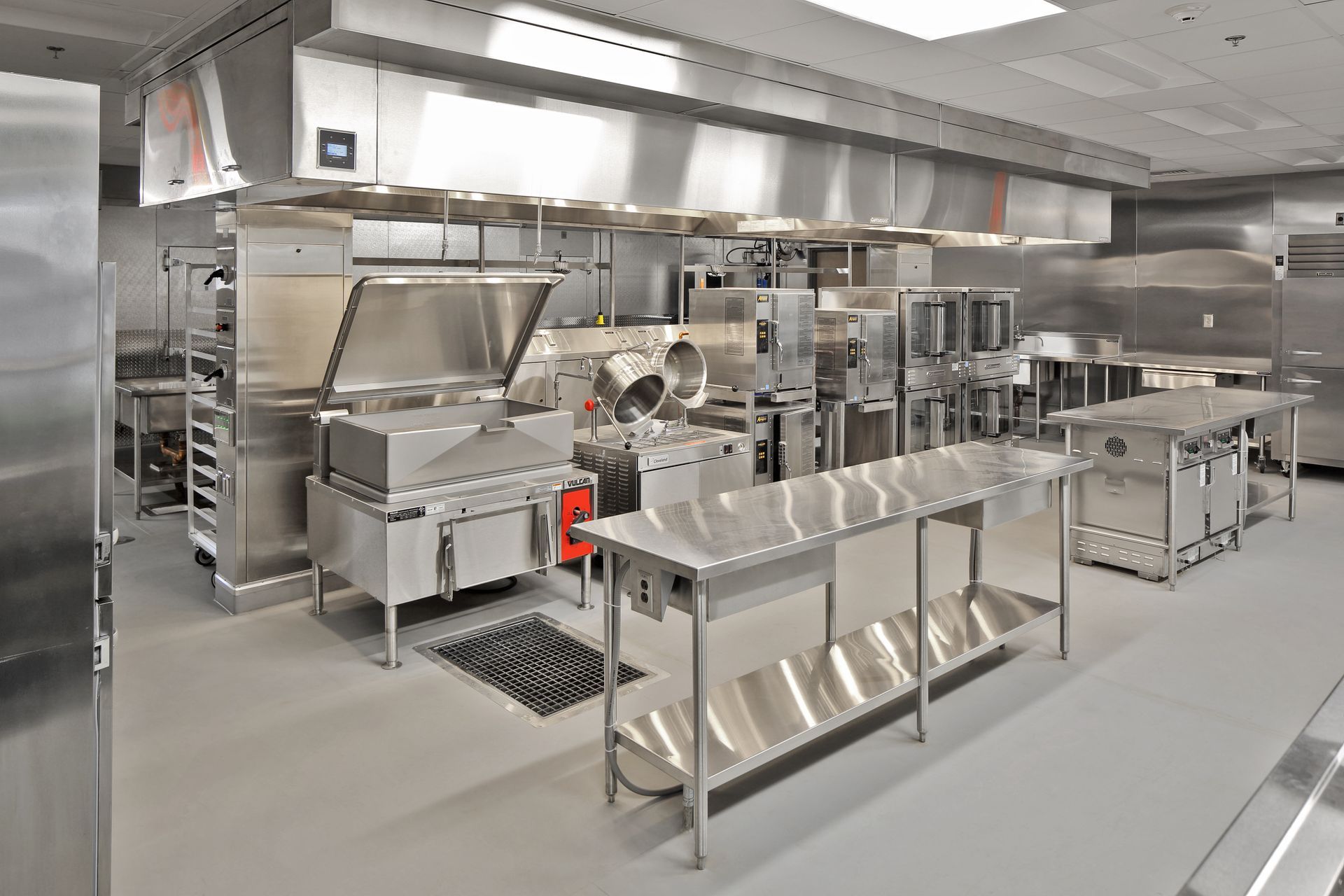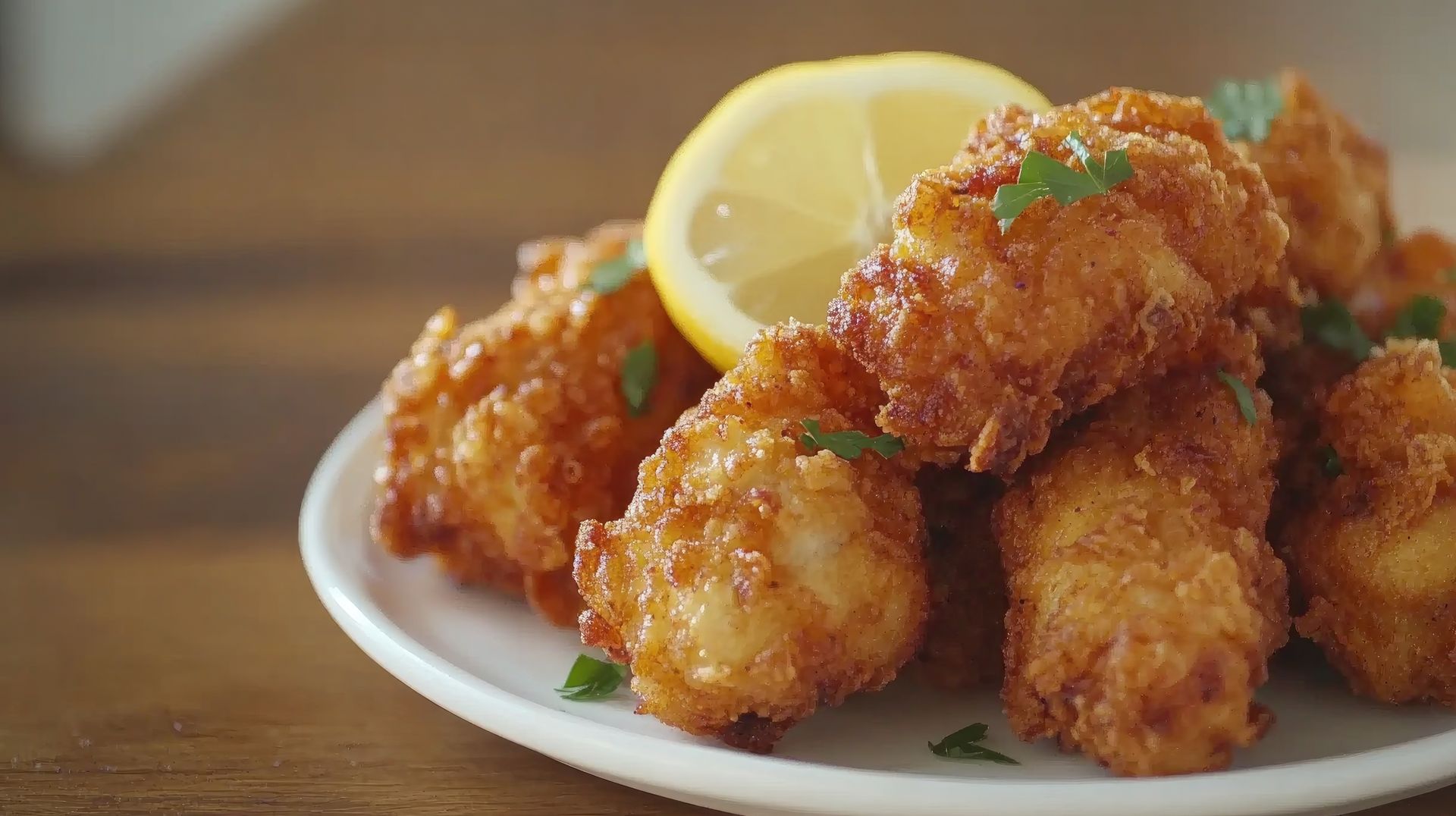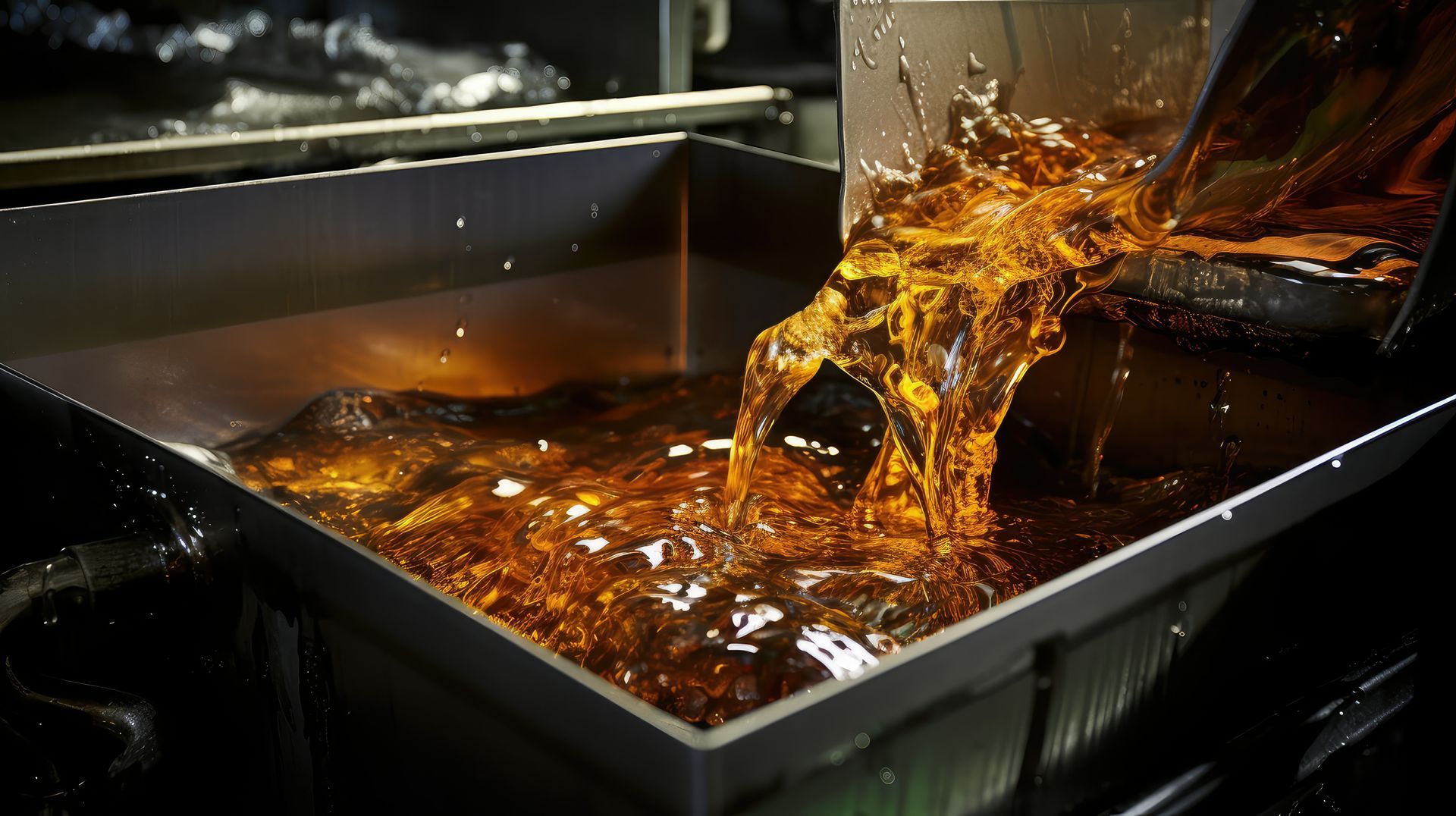How to Maintain Clean and Compliant Hotel Kitchens

Maintaining a clean and compliant kitchen is important for any hotel to ensure the safety and satisfaction of its guests.
Employees charged with managing and supervising food service operations in Georgia are required to obtain their ServSafe Food Protection Manager Certification, but staff members are typically not required to obtain formal certification. However, they do need to be trained on proper food handling, with their knowledge potentially being checked by inspectors during randomized inspections.
Having a staff that has been properly trained to keep a hotel kitchen compliant with food handling isn’t necessarily a guarantee that those standards will be maintained. Managers and owners must be vigilant and observe staff and kitchen conditions to ensure compliance and prevent violations and foodborne illnesses.
Employee Training and Best Practices
Comprehensive Training Programs
All new kitchen staff should undergo thorough training on hygiene standards, proper food handling and kitchen safety. This should include both theoretical lessons and practical demonstrations. Conduct periodic refresher courses to keep employees updated on the latest health codes and safety practices.
Personal Hygiene
Employees should wash their hands thoroughly before handling food, after using the restroom and after any task that may contaminate their hands. Staff should wear clean uniforms, hairnets and gloves. Jewelry and loose clothing should be avoided to prevent contamination and accidents.
Cross-Contamination Prevention
To prevent cross-contamination, hotel kitchens should use designated areas for raw and cooked foods. Many hotel kitchens will also implement a color-coded system for cutting boards and utensils to distinguish between raw and cooked foods.
Food Storage and Handling
Perishable items should always be stored at the correct temperatures to prevent bacterial growth. Stored refrigerated and frozen foods should have their temperatures regularly checked and recorded for safety and compliance purposes.
The First In, First Out (FIFO) method ensures that older stock is used before newer stock, minimizing waste and spoilage.
Cleaning Protocols
Maintaining a consistent cleaning schedule is vital to keeping your hotel kitchen sanitary and compliant with health regulations.
Daily Cleaning Schedule
- Surface Cleaning:
Wipe down all surfaces, including countertops, stovetops and sinks, with disinfectant at regular intervals throughout the day.
- Floor Cleaning:
Sweep and mop the floors daily to remove debris and prevent slips and falls.
- Equipment Cleaning: Clean all kitchen equipment, such as mixers, blenders and slicers, after each use to prevent buildup and contamination.
Weekly Deep Cleaning
Scrub all surfaces to remove any hidden grime and grease. Disassemble and clean all equipment parts, making sure that no food particles are left behind.
Monthly Maintenance
- Ventilation Systems: Clean and inspect ventilation hoods and filters to prevent grease buildup and make sure that there is proper airflow.
- Pest Control: Conduct a thorough inspection for signs of pests and take preventive measures, such as extermination services, to keep them at bay.
Reducing the Risk of Fryer Oil Spills
Fryer oil spills can pose a significant risk in hotel kitchens, leading to accidents, contamination and time-consuming cleanup. In order to minimize these risks, it’s important that your kitchen has an efficient and reliable waste oil disposal and storage process.
Managers should also learn about their local waste fryer oil collection and recycling service provider options. Be sure to compare not only their capabilities and services but also the rate they pay for collected waste oil.
Our Integrated Oil Management System (iOMS)
Southern Green Inc. offers an innovative solution to oil management with our exceptional Integrated Oil Management System (iOMS). Features include:
- Automatic Emptying: The iOMS automatically empties waste fryer oil into custom-sized bins, reducing the need for manual handling and minimizing spill risks and disposal injuries.
- Safe Storage:
The system ensures waste oil is securely stored in sturdy bins, preventing any leaks or spills.
- Efficient Recycling: The collected oil is then recycled, promoting sustainability and reducing environmental impact.
Adhering to Grease Trap Cleaning Requirements
Grease traps are essential in preventing fats, oils and grease (FOG) from entering the sewage system, but they require regular maintenance to function properly. That’s why all food service businesses, including hotels, must comply with specific grease trap cleaning requirements established by watershed authorities and based on the location and size of their grease traps.
Requirements
Your grease trap should be appropriately sized for your kitchen’s needs. The volume of food preparation and wastewater flow typically determines the size. Different sized grease traps have different mandated cleaning intervals, but all must typically adhere to the 25 percent rule.
Smaller traps may need cleaning at least every two weeks, while larger ones may have 90 day cleaning requirements.
Inspectors will want to see manifests verifying your kitchen is adhering to the frequency dictated by local ordinances.
Scheduled Maintenance
- Regular Inspections:
During regularly scheduled cleaning your grease trap maintenance company will check for grease buildup and make sure the trap is functioning correctly.
- Professional Cleaning: Be sure the company you hire for grease trap cleaning and waste oil recycling is properly licensed to provide grease trap cleaning in accordance with local regulations.
Commercial Grease Trap and Waste Fryer Oil Recycling Services for Your Hotel Kitchen in Atlanta
Keep your hotel kitchen clean and compliant with Southern Green Inc.'s professional grease trap and fryer oil recycling services in Atlanta.
Get your free quote today or give us a call at (404) 419-6887 for more information.
Contact us Today for a FREE Quote
We are committed to making grease trap cleaning and fryer oil recycling as clean and easy as possible. If you’d like to learn more about our services or get a quote, give us a call at (404) 419-6887.



